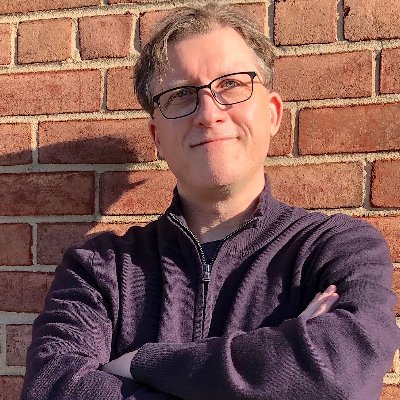Why should we thank God for having made us Jewish each day during the morning blessings? Professor David Ebenbach divines possible answers to this question: receiving mitzvot, Jewish community, spirituality or having to wrestle with the challenges brought
Authors were asked to offer short teachings on a piece of text that inspires them. To submit a text resource, click here.
Each day our tradition invites us to thank G-d for making us Jewish. This moment comes in the midst of the morning blessings, where we express gratitude for a wide range of things: our open eyes, our freedom, our physical abilities and our needs that are met, being made in G-d’s image, in addition to several other commonalities that apply to people of all kinds. And yet, there are a few blessings where we focus on our particularity as Jews, and none more directly than this one:
ברוך אתה ה׳ אלוקינו חי העולמים שעשני ישראל
Baruch atah adonay eloheynu hey ha’olamim she’asani yisrael
Blessed are you, Lord our G-d, life of all the worlds, who made me a Jew.
But why? It’s obvious why we’d be glad to be awake or to be free, but why should we be grateful for being Jewish?
First, let’s note that the blessing originally (in the Tosefta) said, “Blessed are you, Lord our G-d, who did not make me a gentile.” This negative frame is fairly xenophobically offensive on its face, and has been flipped in the siddurs (prayer books) of most progressive communities to “who made me a Jew” or “who made me of the people Israel.” What this historical development amounts to is a statement of values: Our gratitude doesn’t stem from an antipathy for non-Jews; it stems from a love of being Jewish.
But what’s to love, exactly, about being Jewish? Some commentators say that the idea is to be grateful for the mitzvot (commandments), for the specific sacred responsibilities that fall solely on Jews. There’s also the traditional drash (interpretation) that notes that Yisrael means to wrestle with G-d; so perhaps we’re grateful for the opportunity to struggle with important questions like this one. Important and difficult—there are myriad possible reasons why we might be happy to wake up Jewish. Community? Jewish spirituality? The call to tikkun olam? Tradition? Culture? The pleasure of Yiddish or Hebrew in the mouth and ear? This moment each morning is an opportunity to start every day by thinking about all these things and more.
In fact, maybe the answer lies in the fact that this moment comes during the morning blessings. We’ve just woken up; we’re becoming aware of our thoughts, our bodies and our identities, almost as though they’re coming into being all over again. Everything is fresh, including the blessings. They take the same form as the last time we recited them, but we might, if we pay attention, find fresh possibilities in them. We might find new uses today for that freedom we’re glad to have; we might take our wonderfully strong steps in a new direction. So, too, we might wonder again why we’re grateful to be Jewish, and—here’s the blessing—every day each of us might uncover a new answer, another bright facet in the jewel of who we are.
___
David Ebenbach is the author of seven books of fiction, non-fiction and poetry, including the novel Miss Portland and a guide to creativity called The Artist’s Torah. You can find out more at davidebenbach.com.







